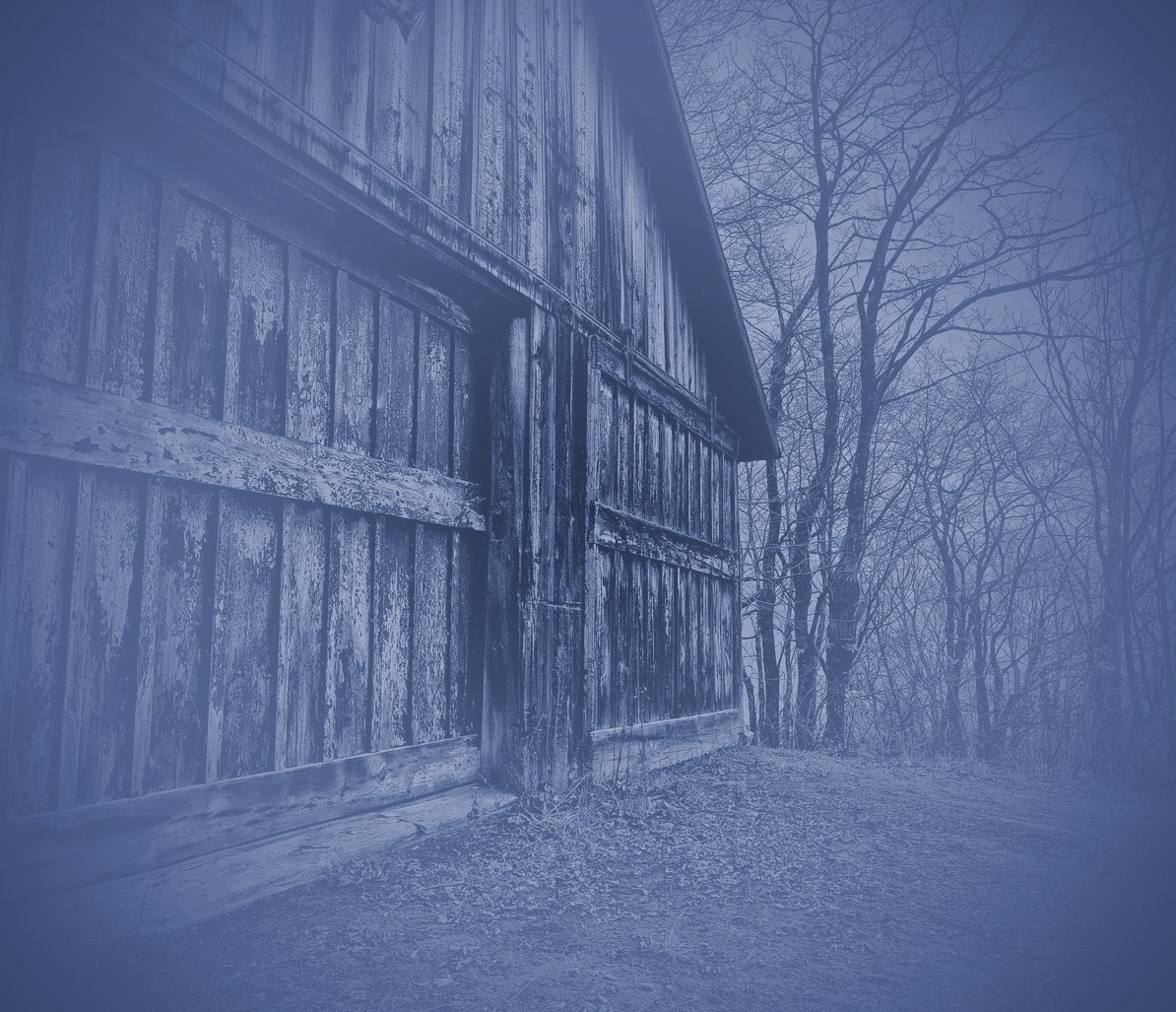Fairhill Farm
Caffeinated daybreak, ridge-line over the porch rail.
What glides at eye-level above the creek bottom,
surveilling the pasture? Peregrine Falcon? Harrier?
The world charged like shook foil—that’s a good one.
Its colors sharpen as we come out of the inbetween.
Wind-gusts rattle these pages, empty interiors, room enough
for any grief you’d fill them with. And what are we calling this—
exile?—and what’s wrong with you anyway?
Elms line the shore, knots of aspen on pasture and hillside.
Granite and clay, buzzing shade and moving water.
What else can inhabit a secret place from afar—
what else would try? The Black Rat Snake
has something to tell you. No he doesn’t. When you survive,
it won’t be like the Five-Lined Skink does,
the Loggerhead Shrike or the Prairie Wobbler.
Are you getting this down? Look and go on looking, you
with your clean hands, your hurt, and mellifluous dawn.
__________
Fade-lines—memory’s green vistas, its blue vistas
and stonescapes. Its drawn shades and unwashed
dishes. Careful kiddo. Being too honest is its own
kind of lie. Why does a summer’s day
need at its center some Lady of Walsingham,
some placidity where you can crawl on your knees
with the penitents? In the midst of mystery
you pass by yourself without wondering.
Mid-afternoon. Vibrato of insects, Blue Ridge
to the west, Atlantic to the east. A porch. A deck chair.
_________
August’s divisions, pasture from forest,
birdsong from silence. Darkness leans
harder against the light, a furious last flowering
in the margins, and evening as perfumed and desperate
as the sweaty last slow dance at the end of prom.
Ridge from ravine, aftermath from harbinger.
Mull if over, but you’ve got bigger problems now
than the profound. Seen at this distance,
the cars on South River Road pass but don’t make a sound.
__________
Grounds and occasion. One glass,
sliced tomatoes shining in vinegar,
blackened bits of rosemary on the blade.
Cattle steam in the pasture below. A dog-run deer
lies half out of the creek. Wind through the aspens
unveils it like a seductress’s thigh. The bottle’s still
half full, the evening filled with nothing.
Knife and fork, knife and fork, the napkin folded
carefully on my knee. Father’s gone, she’s gone.
Satieties rebel as bodies rebel—as language
follows our bodies. The meat is best by the bone,
the fat cut by the cabernet’s bite. The livestock
go on masticating in the high grass. What’s the worry?
The turkey buzzards arrive and things get
smaller, then smaller still to become full-featured
microcosms that nothing worms out of.
How abstract, this winged circling around
what once gave pleasure and will give pleasure again.
“Fairhill Farm” first appeared in New England Review, Volume 34, Number 1.

